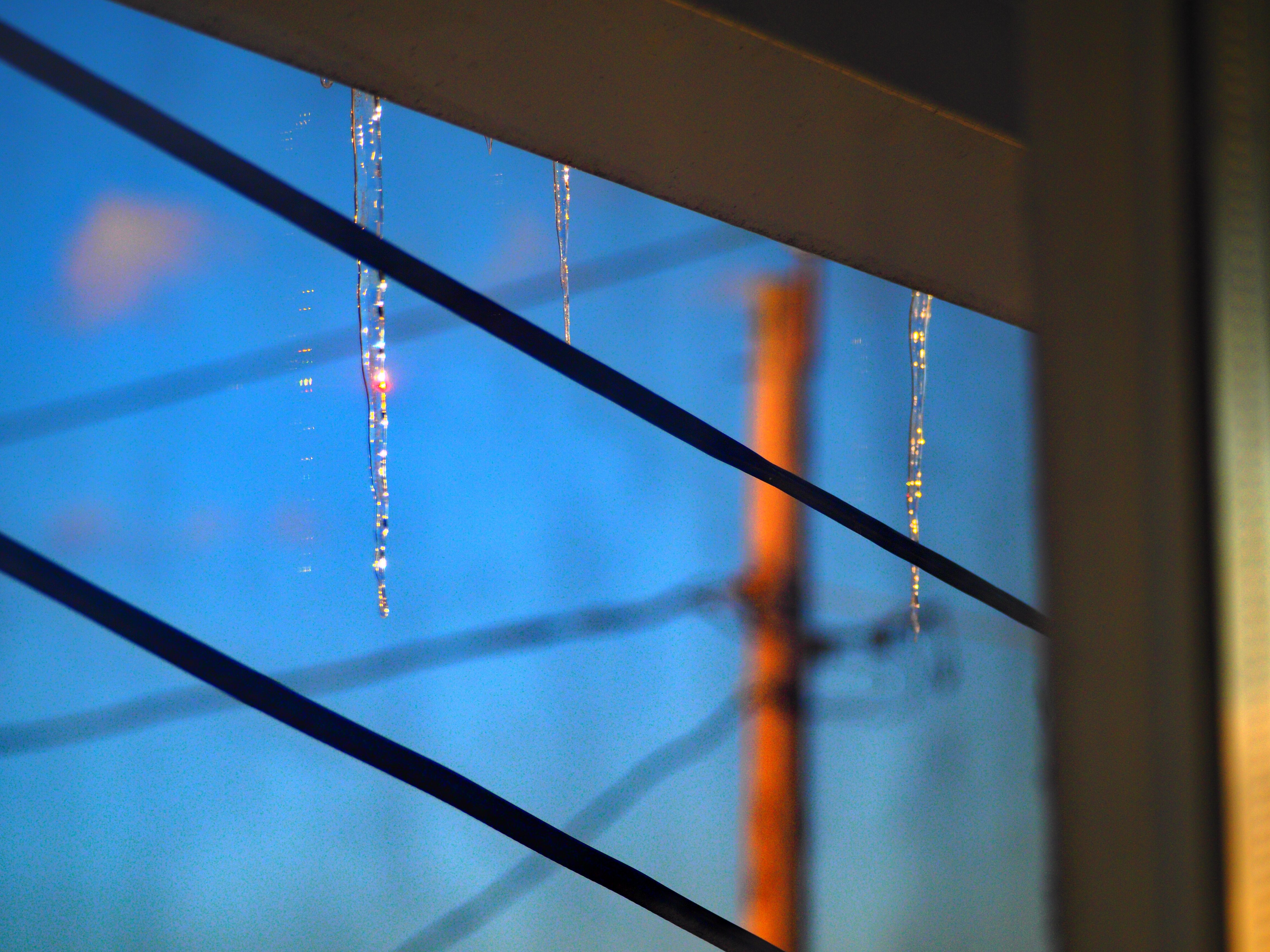-
Posts
44,789 -
Joined
Content Type
Profiles
Blogs
Forums
American Weather
Media Demo
Store
Gallery
Everything posted by LibertyBell
-
This was the first earthquake I've ever felt! 2011: Earthquake today at 1351 that lasted 30 seconds that was rated a 5.8 magnitude and the epicenter was near Mineral, Virginia. The quake was the biggest in Virginia in 114 years since May 5, 1897, when a 5.8 tremor began in Giles County and was felt in 12 states. The Charleston, SC earthquake of August 31, 1886 was a powerful intraplate earthquake the strongest earthquake recorded in South Carolina. The shaking occurred at 9:50 p.m. and lasted just under a minute and is estimated to have been between 6.6 and 7.3 on the Richter scale. The earthquake caused severe damage in Charleston, South Carolina, damaging 2,000 buildings and causing $6 million worth in damages (over $141 million in 2009 dollars), while in the whole city the buildings were only valued at approximately $24 million. Between 60 and 110 lives were lost. After the 1811 and 1812 quakes in New Madrid, Missouri, the Charleston SC earthquake is the most powerful and damaging quake to hit the southeastern United States. Three Main Shocks of the Missouri Earthquake, December 16, 1811 - Magnitude ~7.7, January 23, 1812 - Magnitude ~ 7.5, February 7, 1812 - Magnitude ~ 7.7. Also in 1755, a quake with around a 6.0 magnitude struck off the coast of Massachusetts. The one last year in April 2024 felt stronger here though and that was actually a double (I felt another earthquake later in the day.) Also in 1755, a quake with around a 6.0 magnitude struck off the coast of Massachusetts. Would this have caused a tsunami? I wonder if this was felt around here and how bad it was here? 1963: Project Stormfury was armed and ready as Hurricane Beulah moved across the Atlantic Ocean north of Puerto Rico. An armada of planes carried out the seeding and monitored the results of the experiment. On the 23rd, Beulah did not really meet the criteria for seeding. On the following day, the storm met the criteria of having a well-formed eyewall and the seeding appeared to be successful as the eyewall disintegrated. No other hurricanes would be seeded until 1969 because of a lack of good targets. (Ref. Wilson Wx. History) Why haven't we seen more of this? Why wasn't Katrina seeded in 2005 for example? Everyone knew it was going to be an epic disaster. Might as well try to do something about it in advance.... 1806: A hurricane of great size and destructive power raged along the Atlantic coast from the 21st to the 24th. As the slow moving storm gained forward speed, shipping suffered severely. The coastal ship "Rose in Bloom" capsized during the morning off Barnegat Inlet, NJ, with the loss of 21 of the 49 persons on board. This disaster received wide national publicity. Further north, Cape Cod, MA received 18 inches of rain, which ruined crops. The storm also caused major shipping losses. (Ref. Wilson Wx. History) I've not read about this anywhere, the 1821 hurricane is mentioned far more often. What was its strength and where did it make landfall, Tony? 1683: A hurricane which made landfall in Virginia and moved from Virginia to Massachusetts. Extensive damage was done in Rhode Island, and the torrential rains from the hurricane caused the Connecticut River to rise 26 feet above its usual level causing a tremendous flood in the Connecticut Valley.(Ref. Hurricane of 1683) Never heard of this one either, did it make a second landfall up here and what was its strength?
-
all that excess water vapor is nasty, we could really put it to use by converting it to drinking water, there are devices already available that can do this
-
Maybe he appreciates lower heating costs or it could also be that we're coming to the realization that we've already experienced the coldest and snowiest winters we are likely to ever experience in our entire lives and anything from this point on is gravy. For me it's both 1 and 2, but I will say I still get really upset when a big snowstorm busts, a la March 2001 or January 2008. It's much easier to handle a mild winter with no snowfall threats at all than a mediocre winter with predicted snowstorms that don't pan out.
-
what year was that one?
-
it seems like it was even worse than that tropical system that also brought down a lot of trees that had winds of 80 mph in our area. That one was more widespread though
-
wow what happened? incidentally this is also the anniversary of Hurricane Andrew making landfall in south Florida
-

Winter cancelled/uncancelled banter 25/26
LibertyBell replied to Rjay's topic in New York City Metro
Have to get away from the light pollution for the Milky Way. Tonight will probably be the best night for stargazing of the entire month though. -

Winter cancelled/uncancelled banter 25/26
LibertyBell replied to Rjay's topic in New York City Metro
cold falls suck, last year's fall was ideal. -

Winter cancelled/uncancelled banter 25/26
LibertyBell replied to Rjay's topic in New York City Metro
But because of the omission of PD2, it doesn't work out to 5 years, especially with many of the other storms you listed being far inferior to PD2. In my own experience we get HECS once every 10 years. My definition of HECS: 20 inch snowstorm at either NYC or JFK. -
Don I was thinking this is a lot like a summer leading into an el nino, recall 1994 when we had extreme heat in June too, July was also quite hot, and it got cooler by August. 2002, another el nino lead up, had quite a different summer.... Don, was 2013-14 also an el nino winter? That was the last time JFK had their final 90 degree day in July (ironic because that was such a hot summer up until then with a long heatwave and our last 100 degree high prior to this June.)
-
wow from 2014 to 2019 every year had the last 90 degree day in September or even later (October in 2019). In 2013 we didn't have any after 7/20 which is interesting since that was such a hot summer with a long heatwave in July to boot! That was our last 100 degree day before this June. If JFK does not see any more 90 degree days would this be a match for 2013 since there have been no 90 degree days this year in August at the airport either? The last 90 degree day is going to be in July-- which has to be rare? When is the average last 90 degree day?
-

Occasional Thoughts on Climate Change
LibertyBell replied to donsutherland1's topic in Climate Change
you can be a snow and cold enthusiast and also enjoy hot summers. I don't understand why ANYONE likes rain in the summer, even farmers I have talked to on Long Island prefer hot and dry summers. -

Occasional Thoughts on Climate Change
LibertyBell replied to donsutherland1's topic in Climate Change
Those areas are warming much faster than we are (in the summer anyway.) Is there a reason why summers are much hotter there than they are here, Don? -

Occasional Thoughts on Climate Change
LibertyBell replied to donsutherland1's topic in Climate Change
But heat increase is measured by rising temperatures, not dew points.




